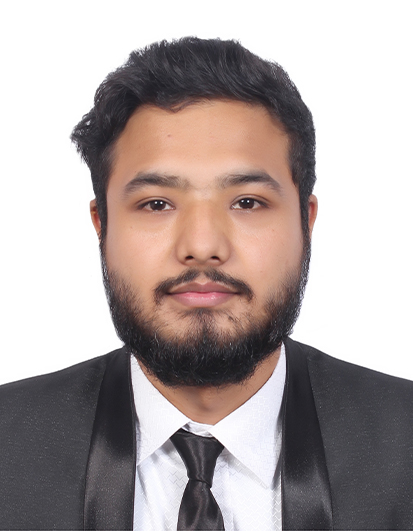
Nobel Prize 2023: Kariko and Weissman's Pioneering Work on mRNA and COVID Vaccines
Revolutionizing Medicine and Inspiring Scientific Pursuits
In a historic moment for science, Hungarian scientist Katalin Kariko and her U.S. colleague Drew Weissman have been awarded the Nobel Prize for Medicine in 2023. Their groundbreaking work laid the foundation for the development of mRNA-based COVID-19 vaccines, transforming the landscape of modern medicine.
Unveiling the Laureates
Kariko and Weissman's remarkable journey began with a chance encounter at a photocopier, an unlikely prelude to a Nobel Prize. The Nobel Assembly of Sweden's Karolinska Institute recognized their unparalleled contributions, stating that they "contributed to the unprecedented rate of vaccine development during one of the greatest threats to human health in modern times."
The Nobel Prize in Medicine, one of the most prestigious accolades in the scientific world, comes with a reward of 11 million Swedish crowns (approximately $1 million), which the laureates will share.
Katalin Kariko: A Journey from Humble Beginnings
Katalin Kariko's story is one of resilience and determination. She hails from a village where running water and refrigerators were luxuries. Her path to scientific excellence began with a biochemistry doctorate in Szeged, Hungary. Alongside her husband, she embarked on a one-way journey to the United States, selling their Soviet-made Lada car and sewing cash into their daughter's teddy bear for the voyage.
Kariko's daughter, Susan Francia, would later become a U.S. national rower and an Olympic gold medalist. Meanwhile, Kariko faced numerous challenges in her scientific pursuits. At the University of Pennsylvania (UPenn), she endeavored to harness the potential of mRNA for therapeutic purposes throughout the 1990s. However, she struggled to secure research grants as DNA and gene therapy dominated the scientific spotlight.
Her relentless dedication led to ridicule from colleagues and even demotion from a full-time professor track at UPenn in 1995. Despite these setbacks, Kariko persisted, driven by a deep commitment to scientific progress.
Drew Weissman: The Collaborative Visionary
Drew Weissman, a professor in vaccine research at UPenn, shared Kariko's passion for scientific discovery. Their remarkable collaboration began in 1998 when they met while waiting for their turn at a photocopying machine. Kariko's expertise in RNA and Weissman's interest in vaccines converged, setting the stage for transformative research.
Their pioneering work focused on developing nucleoside base modifications in 2005. These modifications proved instrumental in preventing the immune system from launching inflammatory responses against lab-made mRNA—a significant breakthrough in mRNA technology.
The Impact of Their Work
BioNTech, in collaboration with Pfizer, utilized their discoveries to create one of the world's most widely administered mRNA-based COVID-19 vaccines. Over 1.5 billion people worldwide have received this mRNA shot, underscoring the global impact of their research. Their groundbreaking work unlocked the potential of mRNA beyond vaccines, opening doors to applications in cancer therapies and vaccines for diseases such as malaria, influenza, and rabies.
Recognition and Future Possibilities
Sir Andrew Pollard, an immunology professor at Oxford University, emphasized the significance of the Nobel committee's recognition of Kariko and Weissman's groundbreaking work. Their contributions have reshaped the future of medicine, offering hope for innovative treatments and vaccines.
As the Nobel Prize in Medicine for 2023 kicks off this year's awards, it highlights the profound impact of scientific research on humanity's well-being. Kariko and Weissman's journey from chance encounters at a photocopier to Nobel laureates serves as an inspiring testament to the enduring spirit of scientific inquiry.
The Nobel Prizes, established by Alfred Nobel, continue to honor exceptional contributions to science and humanity, with past laureates including luminaries like Alexander Fleming, the discoverer of penicillin.
In the words of Katalin Kariko, "If you want to solve problems, then science is for you." Their story exemplifies the unwavering commitment to scientific exploration and the potential for transformative discoveries.
